We’re excited to introduce you to the always interesting and insightful Ren Holly Liu. We hope you’ll enjoy our conversation with Ren Holly below.
Ren Holly, thrilled to have you on the platform as I think our readers can really benefit from your insights and experiences. In particular, we’d love to hear about how you think about burnout, avoiding or overcoming burnout, etc.
One of the toughest things about making art into a profession is keeping the fun and love alive. Being an actor in Los Angeles is definitely an easy way to hate acting. The business side is never fun, the waiting, the rejection, and the inescapable comparison that comes with working in the industry can all be very soul-sucking. The mental burnout has been the most difficult thing for me personally to overcome. And how I’ve found a way to keep my passion and curiosity alive is to go back to my original relationship to acting. I started out as a classical musician – I played piano and violin since I was five and pursued piano professionally for almost twenty years. When I first started acting, I was at USC and looking for an escape from the piano practice rooms. I remember feeling nothing but sheer excitement and glee in all my acting classes. Ironically, I also felt the most confident in my artistry in acting – even though I was the only non-major in all my classes. I have since realized that my confidence and the freedom i felt in my performance came from the fact that it wasn’t my main thing. I was always the “piano girl” in my acting classes – acting wasn’t my entire identity – and so, I had nothing but freedom to PLAY. I first noticed “burnout” in acting a few years into quitting piano and making acting my “main thing”. Suddenly the pressure and sense of failure started to overcome me. In recent years, I’ve come back to living more life outside of acting; starting a pottery business, getting back into music, and just being open to trying new things. And finding my identity elsewhere, the joy of acting came back.
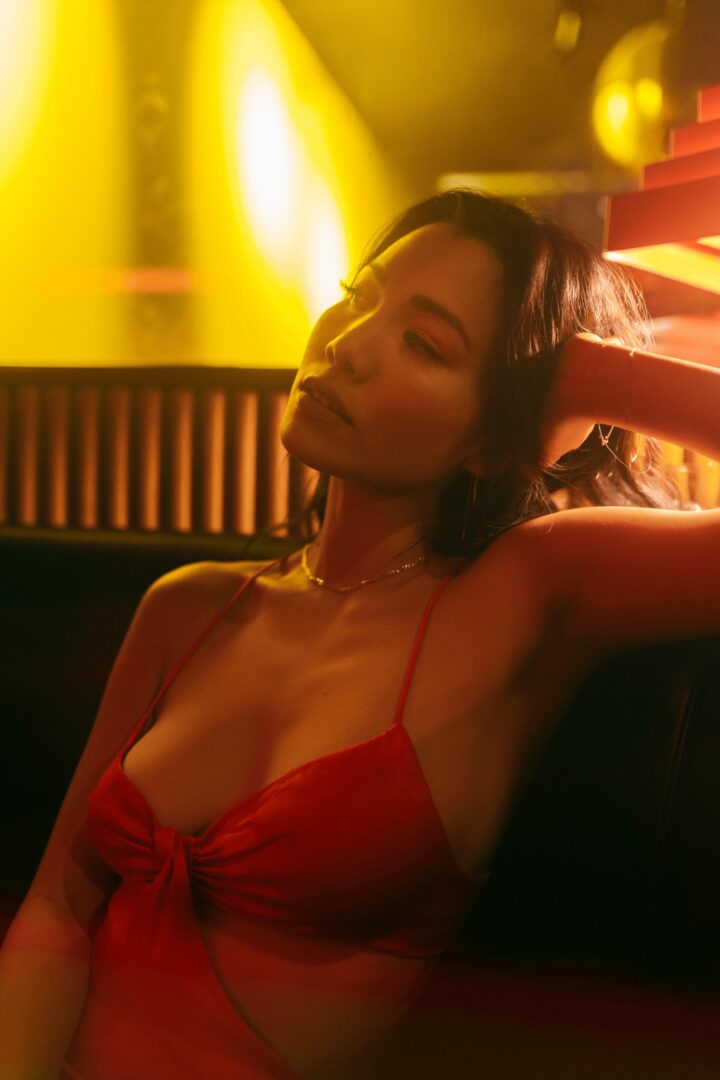
Thanks for sharing that. So, before we get any further into our conversation, can you tell our readers a bit about yourself and what you’re working on?
I am a Chinese-American actress based in Los Angeles. I’ve worked as an actor for six years now, working on various feature films, short films, plays, music videos, and commercials. About four years ago, I started voiceover acting and I’ve now voiced and dubbed over forty titles across various streaming platforms. It is a blessing when I get the chance to book on-screen projects, but in recent years I’ve fallen in love with voiceover. I get to play and perform in no make-up and sweats. I also get to play characters I would never be able play on camera. For TV and film, so much of booking a project comes down to my face, my essence, even my body and height to fit not only the character’s description but also potentially to fit with my co-stars. For animation, i could play a child or a mom, or a fairy or a witch, or even an inanimate object.
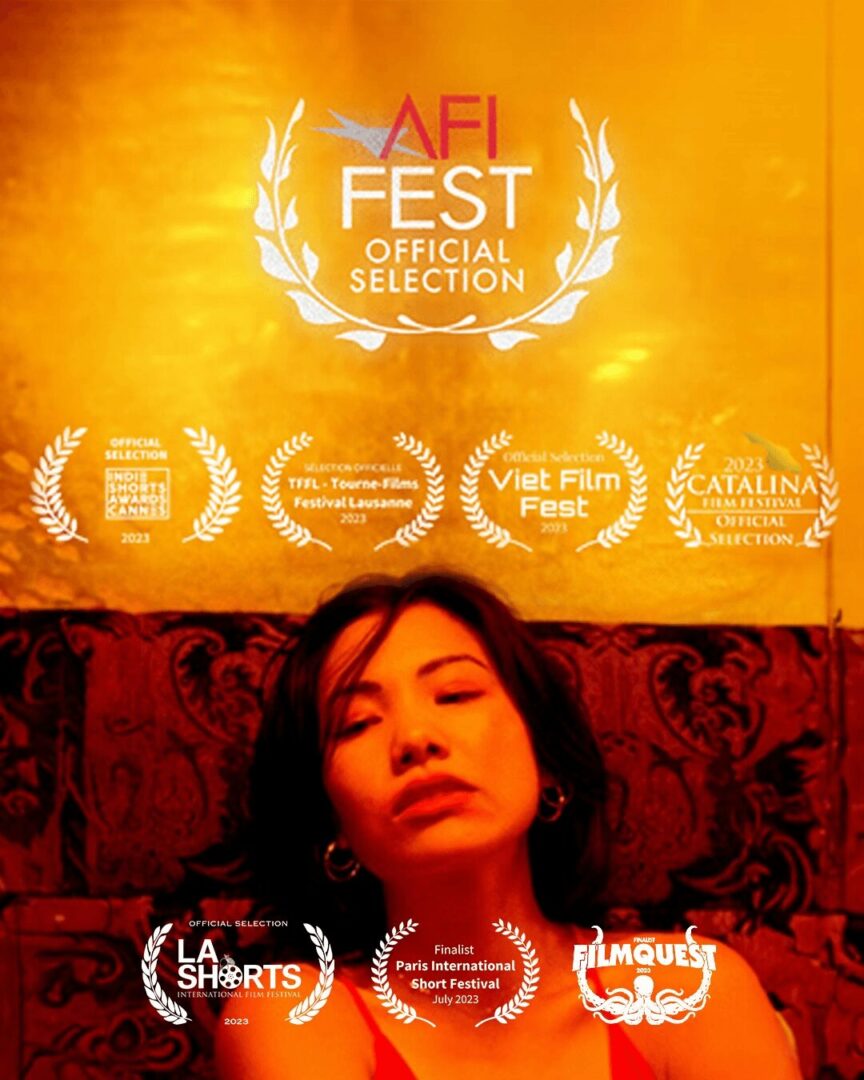
If you had to pick three qualities that are most important to develop, which three would you say matter most?
First and foremost, I personally believe in theatrical training. I don’t think you need a college degree (although I did receive what I think is superb training at USC in my dramatic arts degree), but taking many, many classes at the very least. I think that as much raw talent and instinct some people may have simply as a result of a life well-lived, training makes a difference when it comes to being able to control and replicate a performance as many times and under various conditions – which oftentimes on set you will have to be able to adapt to many different factors. TV for example can be very fast paced and many scenes are shot in just one-take, i do think this is where it shows who has training and who doesn’t.
Second, my background in music undeniably helped my acting. Personally, already having developed an artistic process in another medium I had a relationship to practice and repetition. It was helpful to see where that could crossover in acting. I also think that so much of good acting boils down to a strong sense of rhythm. I find there is always a distinct musicality and tempo to every script/project. Knowing that inherently from music gave me a lot of “instincts” in acting that came very naturally.
Lastly, therapy. I don’t know if that counts as a particular “area of knowledge”, but I do believe it is critical to have a strong sense of self and self-awareness. As my first acting mentor always said, “you can’t act well if you aren’t aware of the character you are already putting on”. To. play a character you also can’t judge the character you’re playing, which means you also have to be able to practice a sort of radical self-acceptance in your personal life. I find the best actors are always the ones who are wildly comfortable with themselves and conscious of all their own quirks and what they give off. I’ve been in therapy for years and my personal journey of healing and self-love has all helped my acting in ways classes could never.
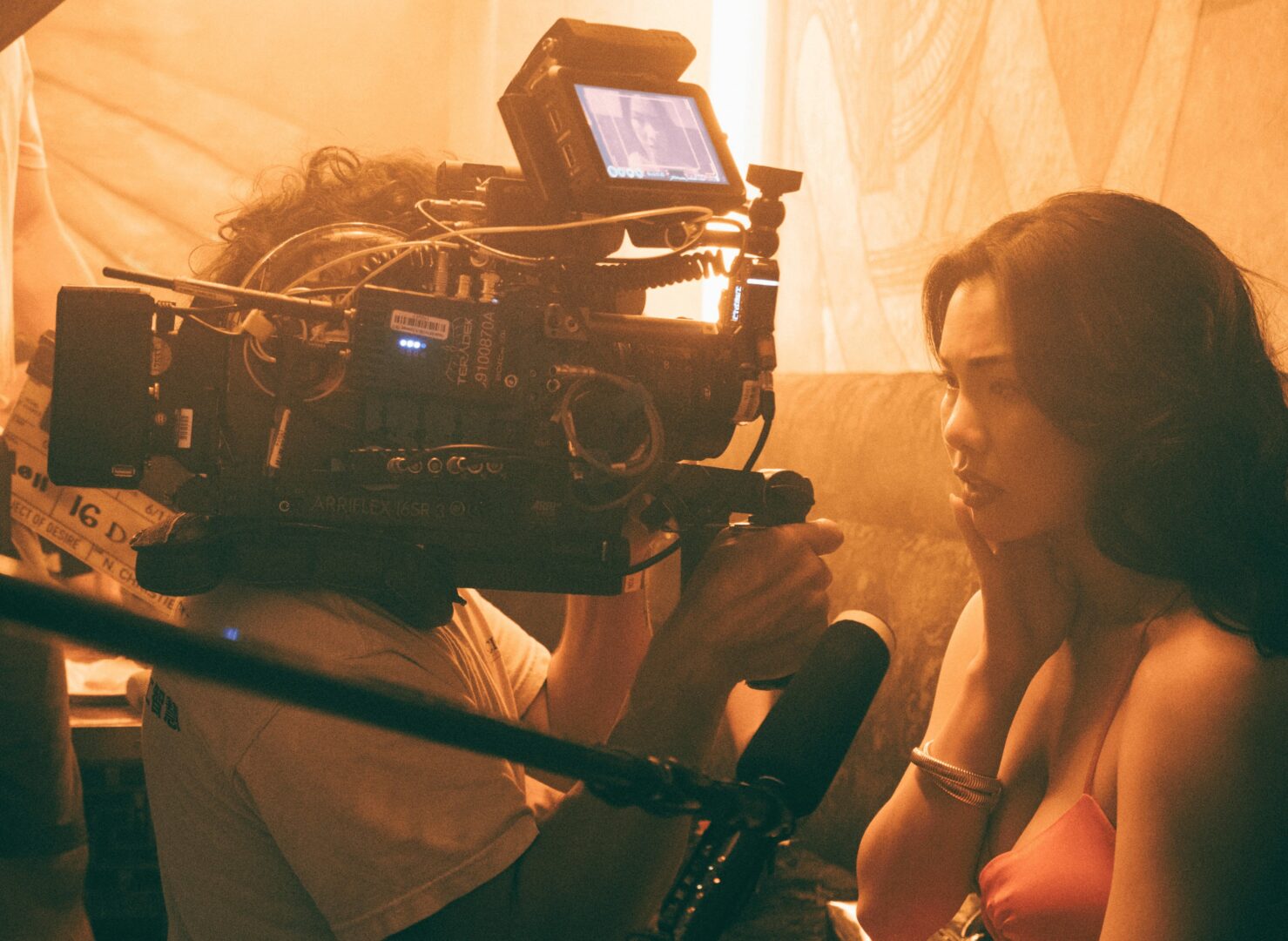
What has been your biggest area of growth or improvement in the past 12 months?
The past year, I was hardly able to work on camera at all due to the strikes in Hollywood and how slow it has been for work to pick back up. Prior to this forced leave of absence, I was already very desperate for work and feeling extremely anxious about booking work. My biggest area of growth has been in my mental game. I’ve always attached my sense of value to external circumstances in this industry, it’s really hard not to! I found myself often saying things like “i feel like a failure, i haven’t booked anything in x amount of time”. I’ve always watched my friends careers and observed the different versions of “success” around me. Something I learned this year is the difference between booking work in general, and booking the right role. If I don’t have patience and mental resilience, it will be near-impossible to last in this field. Pouring my energy into different artistic mediums (ones more in my control like piano and ceramics) have allowed me to feel good about myself in different ways and granted me much more patience in the acting world.
Contact Info:
- Website: https://www.renhollyliu.com
- Instagram: renholly
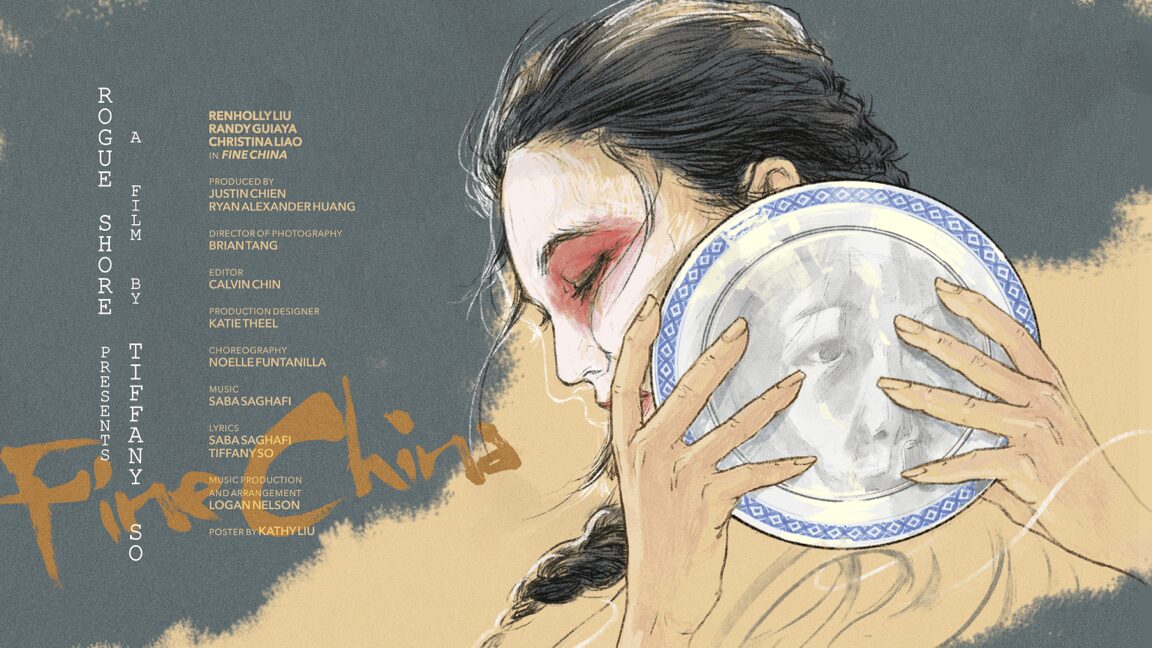
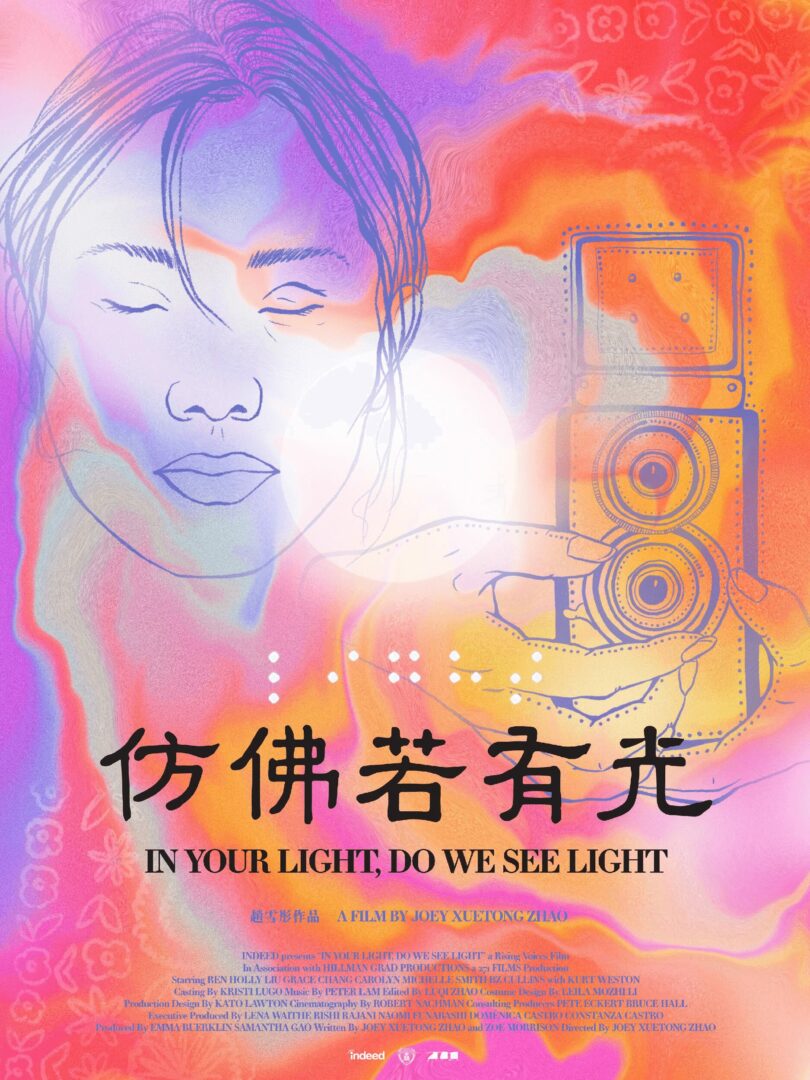
Image Credits
Ren Holly Liu, Sasha Neboga (headshot)
so if you or someone you know deserves recognition please let us know here.




